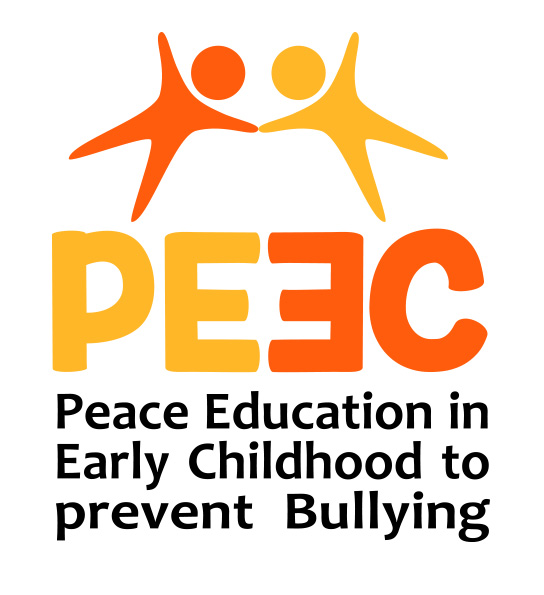Peace building is a fast emerging theme in education and early childhood. Just as early learning prepares young children for the challenges of school and sets the foundation of lifelong learning, starting peace-building education in early childhood is of paramount importance. In early years a child’s brain architecture is developing most rapidly, habits are formed, differences are recognized and emotional ties are built through social relationships and day-to-day interactions in homes and neighborhoods. The role played by early childhood development programmes can be critical to promote the skills that enable children to become agents of change in building peace in their societies. There is evidence that integrating peace education into Early Childhood Education and Care (ECEC from now on) has a positive impact on children’s social and emotional development, and reduction of behavioral problems later in life. Evidence shows (Hawkins, Von Cleve, & Catalano, 1991; Tolan & Guerra, 1994; Zigler, Tuassing, & Black, 1992) that well-designed programs can help children’s willingness to play with others -including those different from themselves, ability to understand how being excluded makes one feel, and ability to recognize instances of exclusion without prompting (source: UNICEF).
Together with other partners UNICEF launched an Early Childhood Peace consortium in 2013. H.E. Mr. Nassir Abdulaziz Al-Nasser the United Nations High Representative for the Alliance of Civilizations (UNAOC) delivered the Keynote address at the Consortium Launch, which can be read here: https://www.unicef.org/earlychildhood/index_70959.html).
Since then unfortunately little has happened at national and EU levels. It is in this frame that the overall aim of our project “Peace Education in Early Childhood to prevent Bullying” (PEEC from now on) is to address peace education as a means to promote equality, diversity and inclusion and further prevent from violence and bullying in early childhood education through the development of a further professional training course of Early Childhood Education and Care (ECEC, from now on) teachers and educators.
This aim is further developed by the following specific objectives:
- Design a Transnational curriculum for the further training of ECEC teachers in the partners’ countries, complemented with a review of the current provision and existing practices regarding peace education to promote equality, diversity and inclusion;
- Design a further professional training course for ECEC teachers and educators focusing on peace education as a means to promote equality, diversity and inclusion and further prevent from violence and bullying at early ages;
- Develop a methodology tool kit for ECEC practitioners including open educational resources and peer-to-peer learning methods with an aim to enhance the professional development of those working or active in the school education sector by increasing the quality and range of initial and continuing training;
- Promote the development of innovative learning approaches to raise the awareness of ECEC teachers and educators and support them raise the awareness of all those involved in the education of children (families, parents, etc.)
